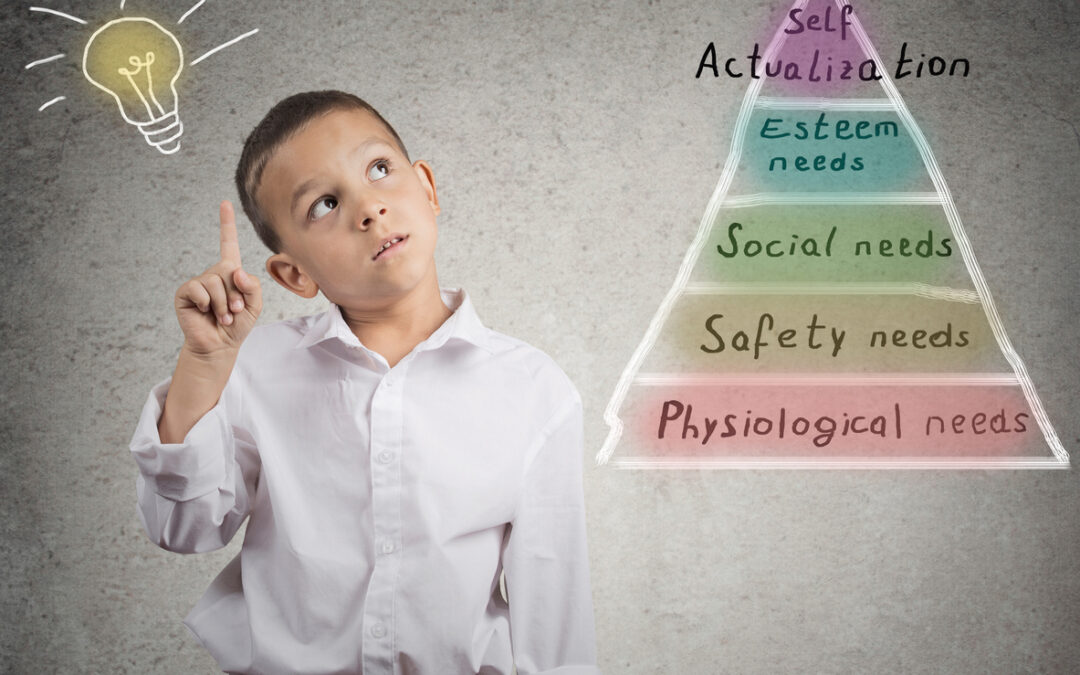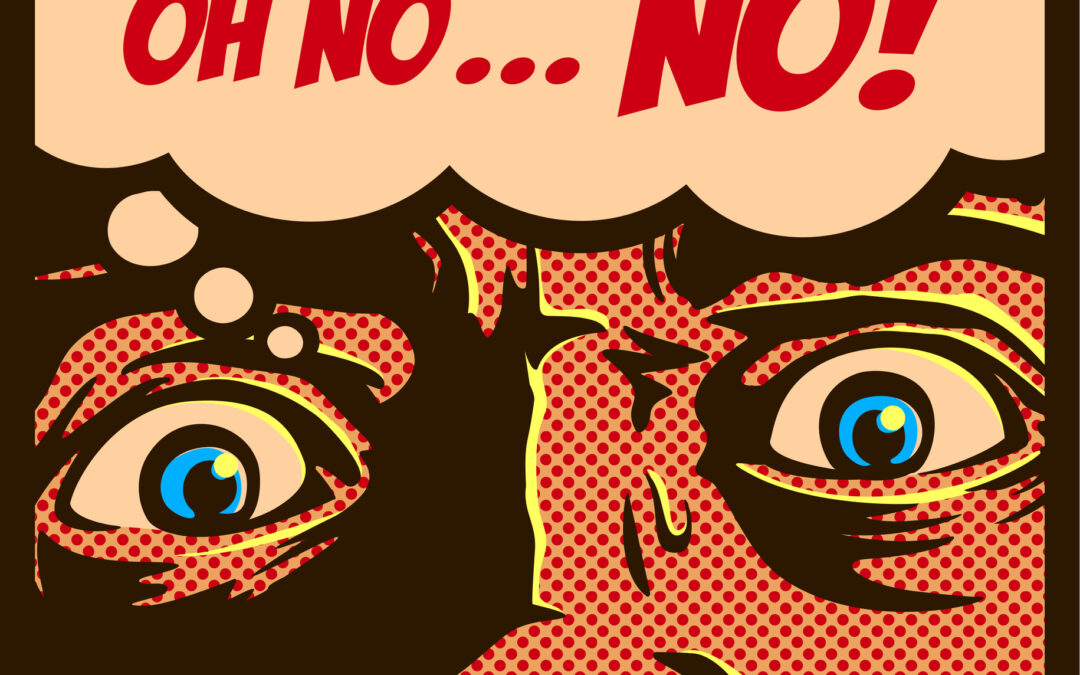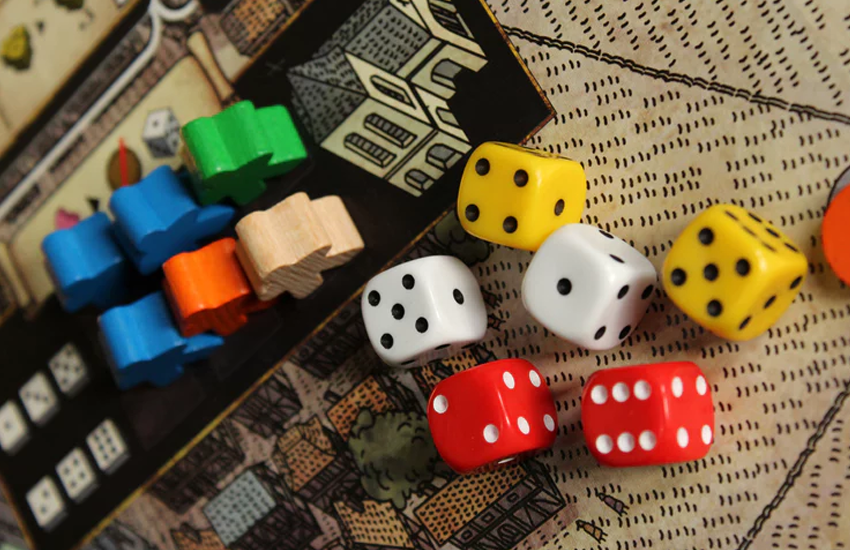Modern technology can be an amazing supplement to professional counseling. Check out these 12 Apps that come recommended for recovery from depression, eating disorders, PTSD, insomnia, and anxiety. DEPRESSION RECOVERY APPS 1. TalkLife (online support tool)...

Be a Better Mental Health Ally: 7 Stigmatizing Phrases and What To Say Instead
Chances are, you’ve either said or heard each of these phrases. While not typically used with ill-intent, imagine for a moment being someone who experiences the mental health challenges described, and how you might interpret these statements. Small, intentional changes to the words we use can have a huge impact on others, so let’s go through some common phrases, why they might be harmful or contribute to stigma, and an easy alternative for each.
- I’m so OCD about _____.
We all have things we like a particular way, or feel some level of discomfort with if they are not done “properly”. However, OCD is a debilitating disorder that goes way beyond preferences or a bit of discomfort. While some people with OCD have obsessions and compulsions related to cleanliness and organization, there are many different themes, and reducing OCD to fixations on cleanliness dismisses these.
Instead try: It’s really important to me that the kitchen be clean, I feel uncomfortable when it’s messy!
- Everyone is a little ADD/ADHD.
Everyone is forgetful sometimes, struggles to focus on tasks sometimes, and struggles to find motivation sometimes. However, people with ADHD experience symptoms like these (along with many others) every single day, to a level that interferes with their functioning. Again, saying that “we all” have some level of this downplays the challenges people with ADHD face.
Instead try: Wow, I am so forgetful today!
- They’re so crazy/psycho!
People often use these terms to refer to someone displaying erratic or concerning behavior, whether or not it is related to a mental health diagnosis. It’s even used to refer to behavior we just don’t like, or to discredit someone. It is rarely, if ever, used with compassion, and if we are referring to people who are experiencing psychosis, delusions, mania, etc. it’s dismissive of the very real and terrifying experiences these people are going through.
Instead try: They seem to be struggling to stay connected to reality, I wonder if we can connect them to support?
- I also experienced ______ and I’m fine!
Trauma affects everyone differently, and we do not get to decide what is traumatic to someone. Research has shown that two people experiencing the same event (car crash, natural disaster, etc.) can have wildly different responses. Your brain’s response does not negate another brain’s different response.
Instead try: That sounds like it was terrifying for you, how can I support you?
- It’s been _____ months/years, you’re not over that yet?
Trauma also has no timeline, and isn’t something we “get over”. With help from tools like therapy, medication, and peer support many people can make incredible strides in healing from what happened to them, but trauma has lasting effects on the brain and nervous system.
This also applies to knowing someone has been managing a mental health diagnosis (OCD, Depression, Anxiety, etc.) long-term. Many people do experience significant improvements to a level where they no longer meet diagnostic criteria or identify previous challenges as a concern, but many people experience chronic mental health challenges that require lifelong management.
Instead try: I know this has been hard, let’s talk about how we continue supporting you.
- That person/the weather here is so bipolar!
While there are scientific uses for the term bipolar, most people more commonly use this term to casually refer to something/someone that changes rapidly and without warning. Again, speaking this way is dismissive of the intense and terrifying experience of shifting between manic and depressive episodes.
Instead try: The weather changes so quickly here!
- Kill me/I wanted to die!
For people who have experienced suicidal ideation or attempts, hearing other people casually or jokingly say things like this can contribute to the stigma that often stops people from seeking help. If you are experiencing suicidal thoughts (even passive ones!) it’s important to mention them so you can find help, but if you’re trying to find an impactful way to describe frustration, embarrassment, or shame, there are better options. Suicidal thoughts are more prevalent than you might think, and shouldn’t be the punchline in a joke.
Instead try: That was so embarrassing I wanted to run out of the room!
Now that you’re aware of the potentially harmful effects of these phrases, you might be surprised to notice how often you hear them used. To be a better mental health ally, first start but just noticing when you use them or when they come up for you, then try to consciously replace or correct yourself with something like the alternatives listed. Small changes make a big impact!

The 12 Best Mental Health Apps

7 Skills to Try When You Feel “Overwhelmed”
Have you ever felt completely overcome by an intense emotions? Have feelings at times felt challenging to manage and overcome? The experience of being “overwhelmed” is uncomfortable and impactful in your life at work, home, or school. Defining "Overwhelm" Emotional...

Exposure and Response Prevention for Effective OCD Treatment
Exposure and Response Prevention (ERP) is a form of Cognitive Behavioral Therapy (CBT) that involves purposefully exposing yourself to feared stimuli or situations in order to learn a new way of responding to them. If you struggle with OCD, this explanation of...

Coping with Scarcity and Scarcity Mentality
Are you among the millions of people that have lost work since a state of emergency was declared last month? Employment numbers keep rising across the country. And those numbers don’t account for those whose applications for unemployment remain in limbo. There is an...

Pandemic Survival Skills from an Anxiety Counselor
As we adjust to a new normal that includes self-quarantining, a shift in plans and routines, and significant uncertainty, it’s important to find ways to maintain our mental and emotional health. We’ve gathered some recommendations here, but strongly encourage you to...

Do You Know the Signs of Someone Who is Suicidal?
According to the American Foundation of Suicide Prevention, over 47,000 people died by suicide in the United States in 2017. In the same year, there were an estimated 1,400,000 suicide attempts. Knowing the signs of suicide is the primary step in preventing someone...

How to Practice Self-Compassion
From a young age, most of us are taught how to be kind, considerate, and compassionate toward others. But rarely are we told to show the same consideration to ourselves. This becomes even more true for individuals brought up in hyper-critical or neglectful homes....

Making New “Glory Days”: How to Stop Obsessing About Youthful Successes
“Ahh, the good ol’ days.” How often have we heard or uttered this familiar phrase? It can be a source of great pleasure and amusement to reminisce on a time when we were younger, remembering a special event or activity. We tend to look at our past experiences through...

4 Reasons We Judge Others and How to Break the Habit
One of the things most of us are taught as children is to never judge others. “Don’t judge a book by its cover!” And yet, despite our best efforts, many of us fall into the trap over and over again. Why do we do it? Here are four common reasons that explain this...

3 Ways to Kindly Say “No” to Invites for Introverts
Life is challenging when you’re an introvert. What are simple interactions for many people can feel anxious and uncomfortable to you. The mere idea of taking part in certain social events can be exhausting and emotionally draining to an introvert. While some social...










